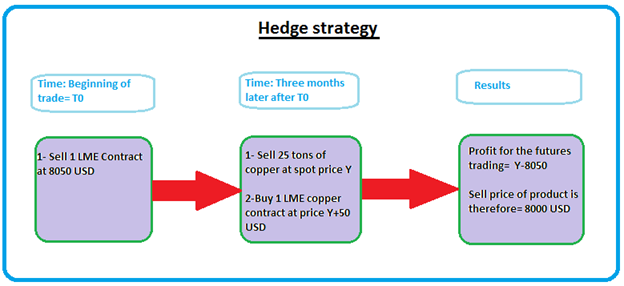What is Hedging
Post on: 22 Май, 2015 No Comment

// Darren Going — VP, International
+ Contact March 5, 2014
People never learn anything by being told, they have to find out for themselves.”
Paulo Coelho
Put simply, hedging is an exchange rate risk management strategy to protect against changes in foreign exchange rates. A lot of companies will only look to discuss hedging after foreign exchange rate movements have moved against them, hurting their bottom line. Understanding a few hedging basics may help your company get ahead of the game in deciding when to consider using hedging mechanisms, so you don’t have to find out for yourself.
Who should hedge?
Companies that have predictable cash flows should consider hedging to mitigate exchange rate risk. Hedges can be done on different time intervals: one month, three month, or ladder up to a year out. Hedges can also be put in place for a large single expense or receivable.
When does hedging make sense?
This varies according to what size transaction is meaningful to your company. Smaller known expenses may not be good candidates for hedging since a change to the exchange rate would not have much impact to the bottom line.
What are the key ingredients to a successful hedge?
Knowing the timing and cost of the transaction, a week or two in advance.
Confidence that the deal is going to go through.
Are there certain currencies that are better to hedge?
Yes, exotic currencies are better to hedge because volatility is inherent (e.g. South African Rand, Russian Ruble, South American currencies), but all foreign exchange exposures should be looked at carefully.
What are the G10 currencies?
These are the major currencies: USD, EUR, JPY, CAD, AUD, NZD, CHF, DKK, NDK and SEK.
What are some of the basic types of hedging?
Deliverable Forwards: You enter into a contract with a bank six months out (as an example); six months later, the bank will deliver the EURs to the designated beneficiary. The account is debited on the forward date.
Non-Deliverable Forward (NDF): An NDF is used for various countries where there are restrictions on currency – China, India and Brazil are examples. You enter into a contract with a bank for a specific period of time; however, currency is not delivered as in deliverable forwards. Rather, two days before the contract expires you agree with the bank on a reference rate and settle the difference in USD. You can use the difference to buy more currency. The reference rate is the rate that Central Banks of those countries release on a daily basis.
The views, opinions, beliefs, conclusions, and other information expressed in this material is not given, verified, or endorsed by Square 1 Financial, Inc. or any of its affiliates. Instead, this material is solely the work of the author, and represents his views, opinions, beliefs, conclusions, and other information he wishes to present, in all cases without any manner of endorsement from or verification by Square 1 Financial, Inc. or any of its affiliates.
This material, including without limitation the statistical information herein, is provided for informational purposes only. The material is based in part upon information from third-party sources that the author believes to be reliable, but which has not been independently verified by the author, Square 1 Bank, or any Square 1 affiliate, and, as such, we do not represent that the information is accurate or complete. The information should not be viewed as tax, investment, legal, or other advice, nor is it to be relied on in making an investment or other decision. You should obtain relevant and specific professional advice before making any investment decision. Nothing relating to this material should be construed as a solicitation, offer, or recommendation to acquire or dispose of any investment, or to engage in any other transaction.
Square 1 Bank is a member of FDIC and Federal Reserve System. Square 1 Bank and the Square 1 logo are among the trademarks registered to Square 1 Financial, Inc. Square 1 Asset Management, a registered investment advisor, is a non-bank affiliate of Square 1 Bank. Products offered by Square 1 Asset Management are not FDIC insured, are not deposits or other obligations of Square 1 Bank, and may lose value.














